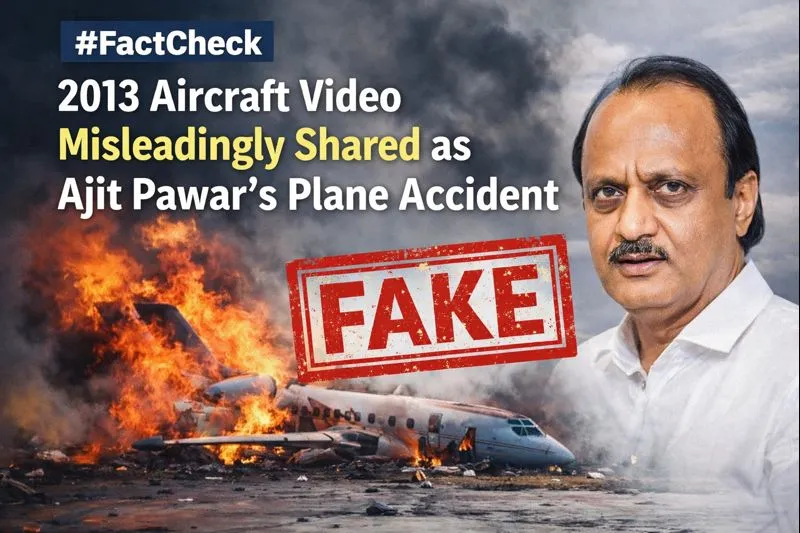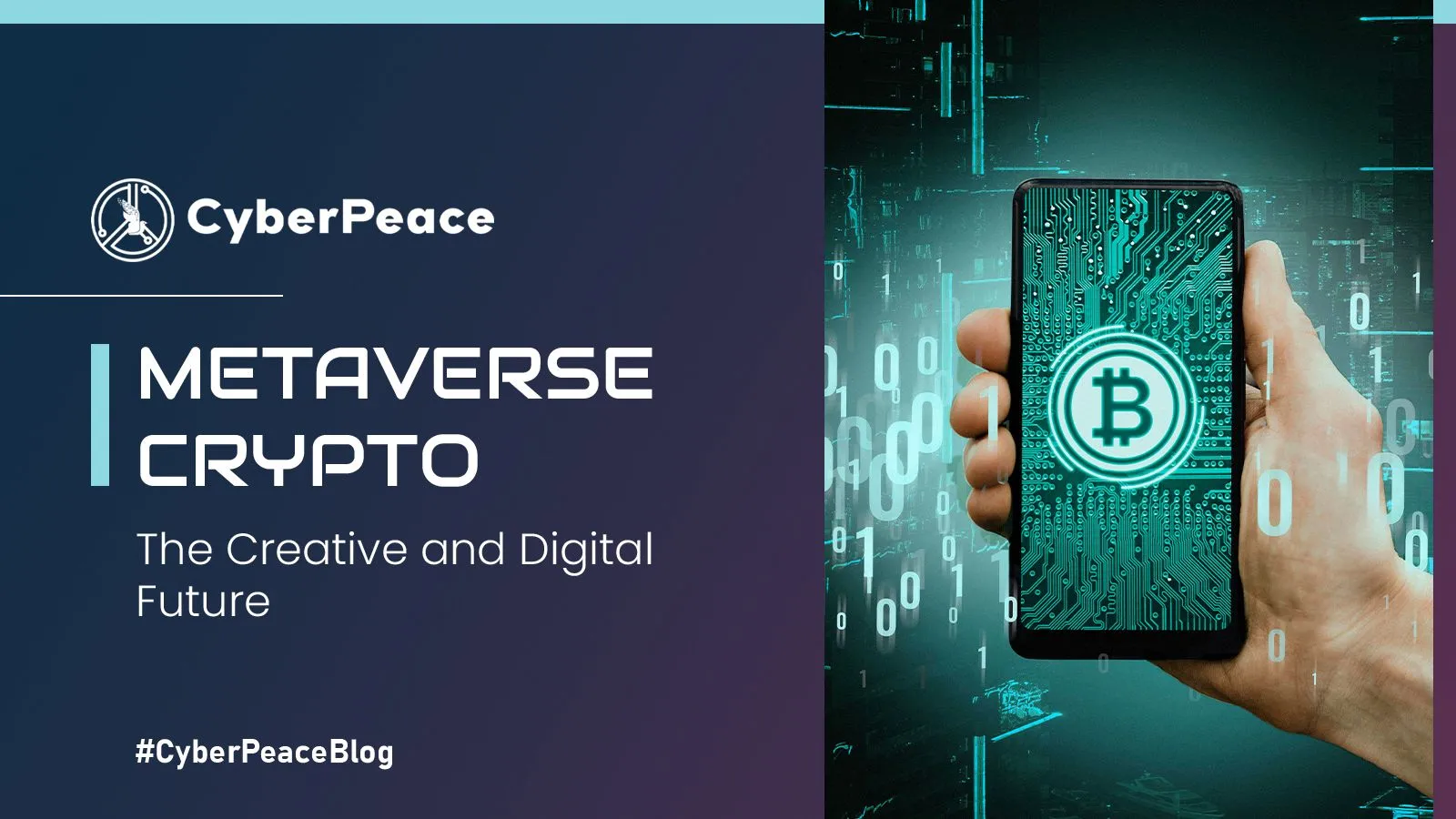Center Warns IT firms: Advises Verification of Content Compliance
Introduction
The emergence of deepfake technology has become a significant problem in an era driven by technological growth and power. The government has reacted proactively as a result of concerns about the exploitation of this technology due to its extraordinary realism in manipulating information. The national government is in the vanguard of defending national interests, public trust, and security as the digital world changes. On the 26th of December 2023, the central government issued an advisory to businesses, highlighting how urgent it is to confront this growing threat.
The directive aims to directly address the growing concerns around Deepfakes, or misinformation driven by AI. This advice represents the result of talks that Union Minister Shri Rajeev Chandrasekhar, had with intermediaries during the course of a month-long Digital India dialogue. The main aim of the advisory is to accurately and clearly inform users about information that is forbidden, especially those listed under Rule 3(1)(b) of the IT Rules.
Advisory
The Ministry of Electronics and Information Technology (MeitY) has sent a formal recommendation to all intermediaries, requesting adherence to current IT regulations and emphasizing the need to address issues with misinformation, specifically those driven by artificial intelligence (AI), such as Deepfakes. Union Minister Rajeev Chandrasekhar released the recommendation, which highlights the necessity of communicating forbidden information in a clear and understandable manner, particularly in light of Rule 3(1)(b) of the IT Rules.
Advise on Prohibited Content Communication
According to MeitY's advice, intermediaries must transmit content that is prohibited by Rule 3(1)(b) of the IT Rules in a clear and accurate manner. This involves giving users precise details during enrollment, login, and content sharing/uploading on the website, as well as including such information in customer contracts and terms of service.
Ensuring Users Are Aware of the Rules
Digital platform suppliers are required to inform their users of the laws that are relevant to them. This covers provisions found in the IT Act of 2000 and the Indian Penal Code (IPC). Corporations should inform users of the potential consequences of breaking the restrictions outlined in Rule 3(1)(b) and should also urge users to notify any illegal activity to law enforcement.
Talks Concerning Deepfakes
For more than a month, Union Minister Rajeev Chandrasekhar had a significant talk with various platforms where they addressed the issue of "deepfakes," or computer-generated fake videos. The meeting emphasized how crucial it is that everyone abides by the laws and regulations in effect, particularly the IT Rules to prevent deepfakes from spreading.
Addressing the Danger of Disinformation
Minister Chandrasekhar underlined the grave issue of disinformation, particularly in the context of deepfakes, which are false pieces of content produced using the latest developments such as artificial intelligence. He emphasized the dangers this deceptive data posed to internet users' security and confidence. The Minister emphasized the efficiency of the IT regulations in addressing this issue and cited the Prime Minister's caution about the risks of deepfakes.
Rule Against Spreading False Information
The Minister referred particularly to Rule 3(1)(b)(v), which states unequivocally that it is forbidden to disseminate false information, even when doing so involves cutting-edge technology like deepfakes. He called on intermediaries—the businesses that offer digital platforms—to take prompt action to take such content down from their systems. Additionally, he ensured that everyone is aware that breaking such rules has legal implications.
Analysis
The Central Government's latest advisory on deepfake technology demonstrates a proactive strategy to deal with new issues. It also highlights the necessity of comprehensive legislation to directly regulate AI material, particularly with regard to user interests.
There is a wider regulatory vacuum for content produced by artificial intelligence, even though the current guideline concentrates on the precision and lucidity of information distribution. While some limitations are mentioned in the existing laws, there are no clear guidelines for controlling or differentiating AI-generated content.
Positively, it is laudable that the government has recognized the dangers posed by deepfakes and is making appropriate efforts to counter them. As AI technology develops, there is a chance to create thorough laws that not only solve problems but also create a supportive environment for the creation of ethical AI content. User protection, accountability, openness, and moral AI use would all benefit from such laws. This offers an opportunity for regulatory development to guarantee the successful and advantageous incorporation of AI into our digital environment.
Conclusion
The Central Government's preemptive advice on deepfake technology shows a great dedication to tackling new risks in the digital sphere. The advice highlights the urgent need to combat deepfakes, but it also highlights the necessity for extensive legislation on content produced by artificial intelligence. The lack of clear norms offers a chance for constructive regulatory development to protect the interests of users. The advancement of AI technology necessitates the adoption of rules that promote the creation of ethical AI content, guaranteeing user protection, accountability, and transparency. This is a turning point in the evolution of regulations, making it easier to responsibly incorporate AI into our changing digital landscape.
References
- https://economictimes.indiatimes.com/tech/technology/deepfake-menace-govt-issues-advisory-to-intermediaries-to-comply-with-existing-it-rules/articleshow/106297813.cms
- https://pib.gov.in/PressReleaseIframePage.aspx?PRID=1990542#:~:text=Ministry%20of%20Electronics%20and%20Information,misinformation%20powered%20by%20AI%20%E2%80%93%20Deepfakes.
- https://www.timesnownews.com/india/centres-deepfake-warning-to-it-firms-ensure-users-dont-violate-content-rules-article-106298282#:~:text=The%20Union%20government%20on%20Tuesday,actors%2C%20businesspersons%20and%20other%20celebrities








